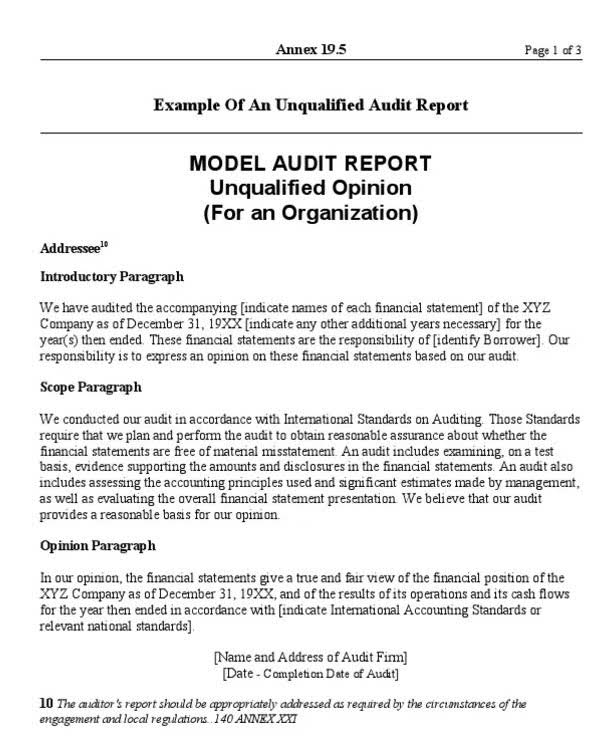
The formula to determine net income is sales minus cost of goods sold, selling, general and administrative expenses, operating expenses, depreciation, interest, taxes, and other expenses. Finally, divide your net income by 12 to get your monthly net income. This is the amount of money you’ll have left after taxes each month. By following these steps, you can calculate your monthly net income and gain a better understanding of your financial situation. Medicare taxes are part of FICA taxes, a flat-rate payroll tax levied on all earned income.
Subtract any Pre-Tax Deductions
But if the company sells a valuable piece of machinery, the gain from that sale will be included in the company’s net income. That gain might make it appear that the company is doing well, when in fact, they’re struggling to stay afloat. Operating net income takes the gain out of consideration, so users of the financial statements get a clearer picture of the company’s profitability and valuation. Because the net income calculation typically includes depreciation and other noncash expenses, it isn’t necessarily a measure of how much actual cash a business “put in the bank” during the period. In addition, accounting rules may affect when and how a business records revenue and expenses, which can in turn influence the outcome of the net income calculation. Both measure the profitability of a business after total expenses are deducted from total revenue.
Step 2: Track Your Expenses
- Negative net income indicates that a company has incurred losses rather than profits during the period.
- When you have a major change in your life, such as having a baby or becoming the head of a household, you should complete a new W-4.
- This is what you earn after subtracting “above-the-line” tax deductions from your gross income.
- By calculating your net income, you can also track your progress and make sure that you’re meeting your financial goals.
- That is, profits earned or losses incurred during a specific period of time.
Here are the steps you need to take to calculate net income using double-entry bookkeeping. Net income is a financial term that many people use but don’t understand. It’s fairly simple – net income is a company’s income after all expenses are taken out.
Gross vs. net income: What’s the difference?
COGS is the amount of money a company spends on making or acquiring goods for resale. This can include costs connected to materials, labor and purchases. In 2013 Congress passed a supplemental tax to help boost revenue for the Medicare program. It is a 3.8% tax that applies only to investment income in households with a high enough total adjusted income for the year. At the time of writing, this tax applied to all households with a modified adjusted gross income above $200,000/$250,000 single/joint. Once you have your fixed costs and variable expenses totaled, add the two amounts together to determine how much you’re spending every month.


Investing can seem overwhelming, but using an investing app and starting with a small sum of money will make the process much easier. But don’t get discouraged if your net worth doesn’t match the data above. There are some things you can do to improve your financial situation no matter how much money you have. In addition to the increase in net worth for middle-income households, Pew says wealth for lower-income households rose 105% during the pandemic and 15% for upper-income households. For reference, Pew’s definition of a middle-income household is one in which the income is two-thirds to double the national median income. Here’s the median net worth of households across a handful of income categories, as well as information about how to boost yours.
- To calculate a net profit margin, divide your net income by revenue and multiply it by 100 to get a percentage.
- The rate was set at 3.8% on “certain net investment income of individuals, estates, and trusts that have income above the statutory threshold amounts.”
- However, you can simplify the process by working with a professional, such as a financial advisor who specializes in tax situations.
- Net Income is a measure of accounting profitability, or the residual, after-tax profit of a company once all operating and non-operating costs are deducted.
- SmartAsset Advisors, LLC (“SmartAsset”), a wholly owned subsidiary of Financial Insight Technology, is registered with the U.S.
- This is not limited to income received as cash, as it can also include property or services received.
As stated above, the difference between taxable income and income tax is the individual’s NI, but this number is not noted on individual tax forms. Net income, like other accounting measures, is susceptible to manipulation through such things as aggressive revenue recognition or hiding expenses. When basing an investment decision on net income NI, investors should review the quality of the numbers used to arrive at the taxable income and NI to ensure that they are accurate and not misleading. The formula can become more complicated when you break down the total expenses category, which can include things like operating expenses, taxes and the cost of goods sold (COGS).
From income to budgeting

The separate section right below the “Net Income” line item is where the earnings per share (EPS) is reported for each period, expressed on a basic and diluted basis. Hence, the gross interest expense must be subtracted by interest income to determine the net interest expense (i.e. more interest income should reduce the interest burden). Retained earnings are like a running tally of how profitable your business has been since it first started up.

Take this total and subtract it from your total monthly net income or take-home pay. When filing your federal and state income tax forms, you’ll use your gross income as your starting point. Then, you can subtract deductions to determine how much you’ll owe. There are different terms for income, depending on the quantity being measured. Gross income is the total value of your salary or payments, without accounting for any cash outflows. Net income refers to the income left over after subtracting taxes or fees.
